Florida
Promising Examples
7. Data Infrastructure
7. Data Infrastructure
Florida’s PK-20 Education Data Warehouse provides public access to data linked across elementary and secondary education, university, and workforce outcomes. This comprehensive longitudinal data system supports the state’s Workforce Innovation and Opportunity Act (WIOA) plan’s commitments to evidence-based professional development and continuous improvement.
12. Evaluation Use
12. Evaluation Use
The Florida Department of Juvenile Justice requires all residential commitment prevention contractors to implement at least one evidence-based model from the agency’s Sourcebook of Delinquency Interventions. The sourcebook lists all juvenile justice programs according to three levels of evidence: evidence-based practices, promising practices, and practices with demonstrated effectiveness, as defined in the book. The Department also introduced a Standardized Program Evaluation Protocol, a monitoring tool to ensure providers implement programs with fidelity.
14. Results-Focused Contracting
14. Results-Focused Contracting
The Florida Department of Children and Families partnered with the Harvard Kennedy School Government Performance Lab to improve child welfare and behavioral health service delivery in Florida’s Suncoast region, which has four million children receiving child protection services. The department adopted active contract management practices to enhance coordination among providers and allowed contracted providers to track client-level data for a prioritized set of six performance metrics. These innovations led to better service delivery, including increasing the share of clients completing a timely needs assessment by 28% and doubling the share of caretakers beginning substance use treatment within 30 days of referral.
15. Evidence-Based Grantmaking
15. Evidence-Based Grantmaking
In 2022, the Florida Agency for Healthcare Administration solicited a Request for Proposals for its Evidence-Based Practices (EBPs) to Improve Behavioral Health Outcomes for Children and Youth in Florida’s Child Welfare System grant program. This program funds preventative interventions for children who are at-risk of entering foster care. Grantees must deliver the Brief Strategic Family Therapy (BSFT) intervention, deemed well-supported on the Title IV-E Prevention Services Clearinghouse, which focuses on Medicaid-eligible children and their families.
In 2022, Volunteer Florida, a nonprofit organization that administers state AmeriCorps funding, used a tiered evidence framework from the AmeriCorps Evidence Exchange in allocating funding through the Florida AmeriCorps program. The Request for Proposals prioritized evidence-based interventions with ‘Moderate’ or ‘Strong’ evidence for consideration by attributing points within Program Design (worth 50% of total points) towards evidence-based criteria, including Evidence Tier (worth 12%) and Evidence Quality (worth 8%). Evidence Base was subsequently awarded up to 20 points and Evidence Tier was allotted 12 points. The RFP indicated that “many of these interventions have demonstrated effectiveness in improving outcomes for individuals living in underserved communities and that the agency has committed resources to supporting grantees seeking to replicate and evaluate these interventions in similar communities”. Applicants assessed as lower than the Preliminary evidence tier (i.e., Pre-Preliminary) must provide adequate responses to the Evidence Quality review criteria in order to be considered for funding.” Applicants were encouraged to consider interventions through the AmeriCorps Mandatory Supplemental Guidance that further defined evidence tiers.
